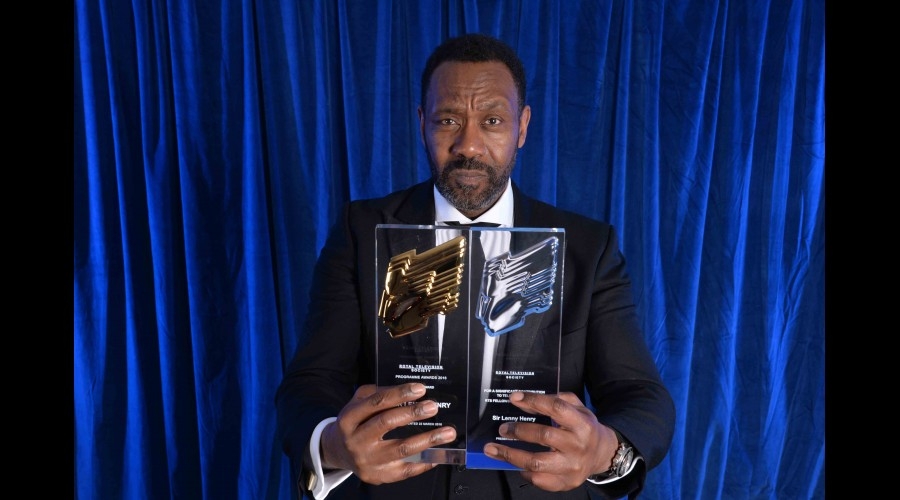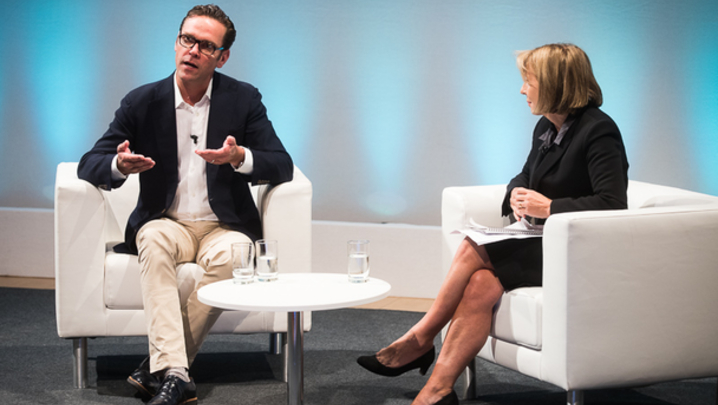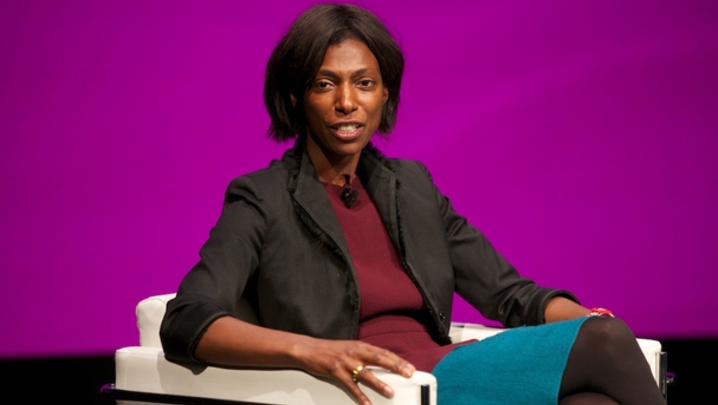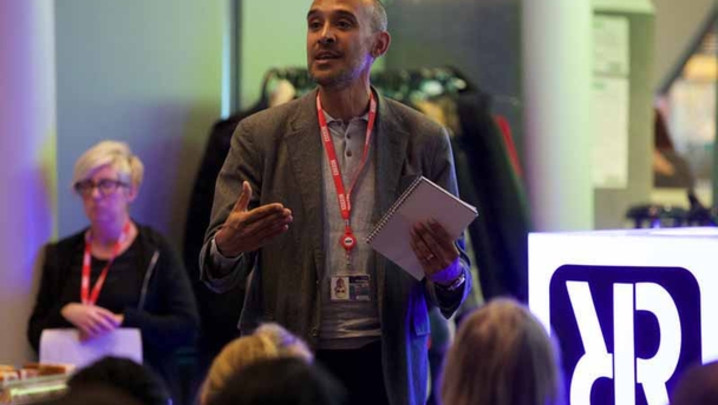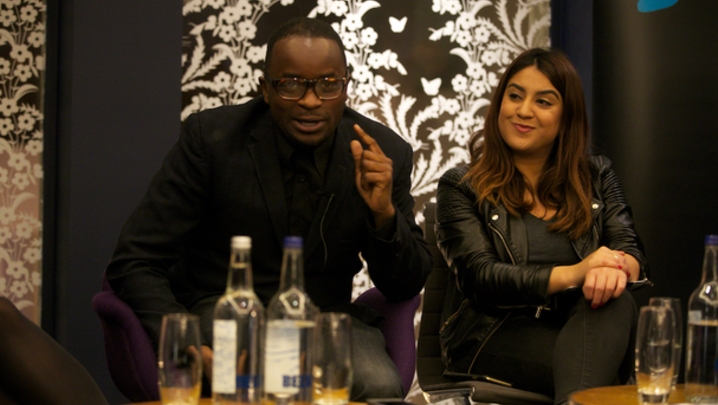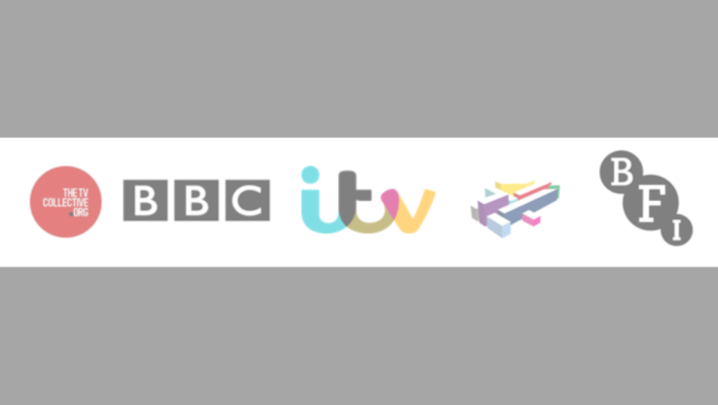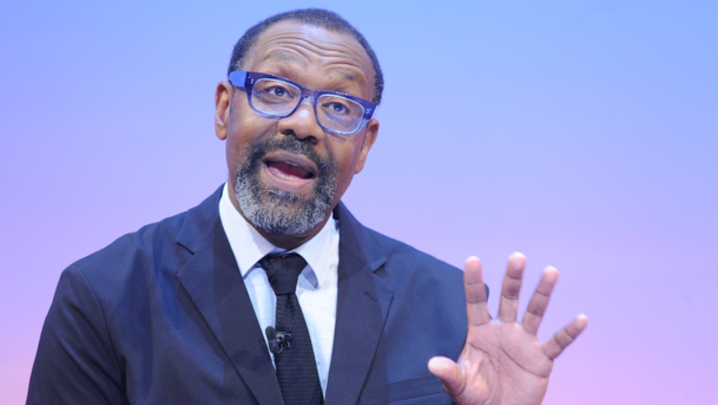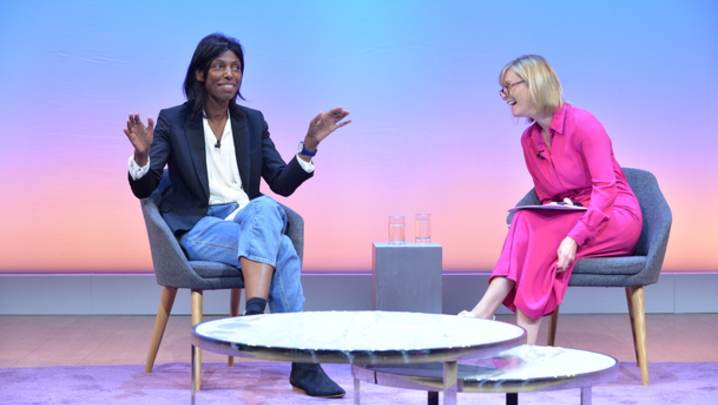Sir Lenny Henry has blasted Ofcom for promoting “fake diversity” in its guidance to broadcasters.
Speaking at an event at the Houses of Parliament earlier this week, RTS Fellow Lenny Henry criticised new Ofcom diversity targets which only focus on those in-front of the camera, saying that it would promote “fake diversity”.
In the speech, attended by members of parliament, the public and representatives of the broadcast industry, he argued that the regulator should also require the BBC to report on the number of BAME staff working behind the scenes.
A long-time campaigner for diversity in the media industry, Henry spoke out about the new guidance, saying “Britain has some of the best media in the world, but it is failing too many of us.”
“Considering a programme to be ‘diverse’ just due to its on-screen casting and not consider who created the programme will lead to ‘Fake Diversity’,” wrote Henry in a letter in response to the new Ofcom requirements.
An Ofcom spokeperson told The Guardian that "Improving diversity in broadcasting - behind and in front of the camera - is a crucial issue and a priority for Ofcom."
Also attending the event was a cross-party panel of politicians including David Lammy MP (Labour), Baroness Bonham Carter (Liberal Democrat) and Helen Grant MP (Conservative) who were joined by Marcus Ryder.
The panel condemned the decision by Ofcom in the strongest terms. David Lammy MP accused of regulator of “letting down Britain’s minorities,” while Baroness Bonham Carter said the issue needs to be addressed “all the way up the ladder” in order to get more BAME people working at the highest levels of the organisation. Conservative MP Helen Grant echoed the sentiment, calling for the “dinosaurs” in the organisation to make way for a more diverse senior management.
Ryder, a former BBC Executive Producer currently working for Chinese broadcaster CGTN, also took the opportunity to address the BBC’s lack of BAME talent, claiming “If we really thought we’d have fulfilling, beautiful careers at the BBC, we’d still be there.”
The decision by Ofcom to exclude BAME staff working behind the scenes in diversity targets is contrary to advice given by the Department of Digital, Culture, Media and Sport (DCMS) which previously stated, “The BBC should be at the forefront of representing diversity both on and off screen and this is set out in a new general duty on diversity in the Charter… that means by which its output and services are delivered (including where its activities are carried out and by whom)”
Matt Hancock, Secretary of State for Digital, opened the event for Sir Lenny Henry, and said, “what we put on our screens represents the nation… so broadcasting must represent the whole nation.” He added that “the need to see greater diversity on- & off-screen is serious.”
The panel called on Ofcom CEO Sharon White to come before a panel and justify the decision to exclude off-screen talent from BAME diversity targets. A representative of David Lammy noted that he had been seeking a meeting with the CEO for a number of months which has been rearranged by her office four times, cancelled at the last minute and that the MP has been “stood up” by the regulator’s CEO.
The three politicians – Lammy, Grant and Bonham Carter – agreed to work together to lobby Matt Hancock and Culture Secretary Karen Bradley to put pressure on Ofcom to reconsider their strategy.
Speaking to The Guardian, an Ofcom spokesperson insisted that, “We expect the BBC to increase diversity off-screen, and it has a workforce target of 15% representation of black, Asian and ethnic minorities, across all staff, including leadership, by 2020. We are clear that we will consider further action if we don’t see early and continued progress.
“We are also closely monitoring and reporting on the workforce diversity of all broadcasters in our forthcoming diversity survey.”
An Ofcom spokesperson told the RTS that the regulator welcomed feedback to the public consultation before the rules are finalised in September.

